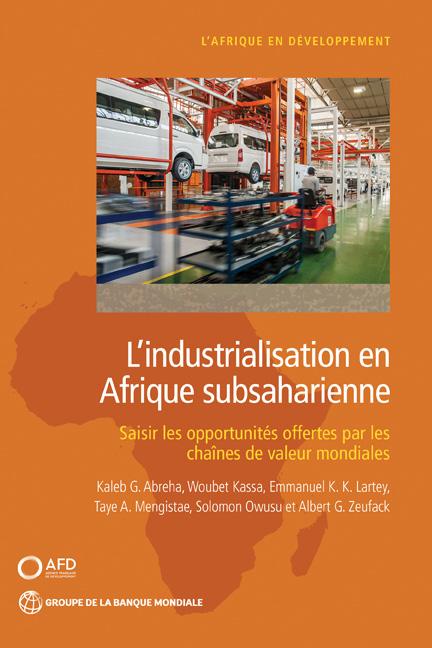
3 minute read
Translated Titles
SOURCEBOOK ON THE FOUNDATIONS OF SOCIAL PROTECTION
Edited by Kathy Lindert, Tina George Karippacheril, Inés Rodríguez Caillava, and Kenichi Nishikawa Chávez
This Sourcebook synthesizes real-world experiences and lessons learned of social protection delivery systems from around the globe. It takes a broad view of social protection, covering various intended populations such as poor or low-income families, unemployed workers, persons with disabilities, and individuals facing social risks. It discusses many types of interventions that governments provide to individuals, families, or households, including categorical programs, povertytargeted programs, labor benefits and services, disability benefits and services, and social services. The Sourcebook seeks to address concrete "how-to" questions, including: How do countries deliver social protection benefits and services? How do they do so effectively and efficiently? How do they ensure dynamic inclusion, especially for the most vulnerable and needy? How do they promote better coordination and integration—not only among social protection programs but also among programs in other parts of government? How can they meet the needs of their intended populations and provide a better client experience? The delivery systems framework elaborates on the key elements of that operating environment. The framework is anchored in core implementation phases along the delivery chain. Key actors, including people and institutions, interact all along that delivery chain. Those interactions are facilitated by communications, information systems, and technology. This framework can apply to the delivery of one or many programs and to the delivery of adaptive social protection.
FRENCH EDITION
August 2022. 590 pages. Stock no. C211861 (ISBN: 978-1-4648-1861-5). US$62.50
SPANISH EDITION
August 2022. 590 pages. Stock no. C211883 (ISBN: 978-1-4648-1883-7). US$62.50
Seizing Opportunities in Global Value Chains
By Kaleb G. Abreha, Woubet Kassa, Emmanuel K. K. Lartey, Taye A. Mengistae, Solomon Owusu, and Albert G. Zeufack
Some have questioned the role of manufacturing in development for late industrializers in view of technological advancements and restructuring of international trade. Yet industrialization and structural transformation are integral to the African Union’s Agenda 2063 and the development strategies of several countries Sub-Saharan Africa (SSA). A central question is not whether countries should pursue industrialization as a path to sustainable growth but how to promote the prospects of industrialization. This book examines the prospects for industrialization in SSA countries through integration into global value chains and the role of policy in enhancing these prospects, finding that: SSA has not experienced premature deindustrialization, witnessing growth in manufacturing jobs though the contribution of manufacturing value-added to GDP has not improved. The region’s integration into manufacturing global value chains is reasonably high but is dominated by exports of primary products and engagement in low-skill tasks. Global value chain integration has led to job growth, and backward integration is associated with more job creation.
The report emphasizes the role of policy in maintaining a competitive market environment, promoting productivity growth, and investing in skills development and enabling sectors such as infrastructure and finance.

June 2022. 228 pages. Stock no. C211875 (ISBN: 978-1-4648-1875-2). US$43.95
THE FUTURE OF WORK IN AFRICA (FRENCH EDITION)
Harnessing the Potential of Digital Technologies for All
Edited by Jieun Choi, Mark A. Dutz, and Zainab Usman
The Future of Work in Africa focuses on the key themes of creating productive jobs and addressing the needs of those left behind. It highlights how global trends, especially the adoption of digital technologies, may change the nature of work in Sub-Saharan Africa by creating new opportunities and challenges. It argues that, contrary to global fears of worker displacement by new technologies, African countries can develop an inclusive future of work, with opportunities for lower-skilled workers. Harnessing these opportunities is, however, contingent on implementing policies and making productive investments in four main areas.
These policies include enabling inclusive digital technologies; building human capital for a young, rapidly growing, and largely low-skilled labor force; increasing the productivity of informal workers and enterprises; and extending social protection coverage to mitigate the risks associated with disruptions to labor markets.








